Struggling to focus due to ADHD? Discover how to focus with ADHD using therapy, medication, structure, brain training, and tech strategies. TelepsychHealth offers expert online ADHD care.
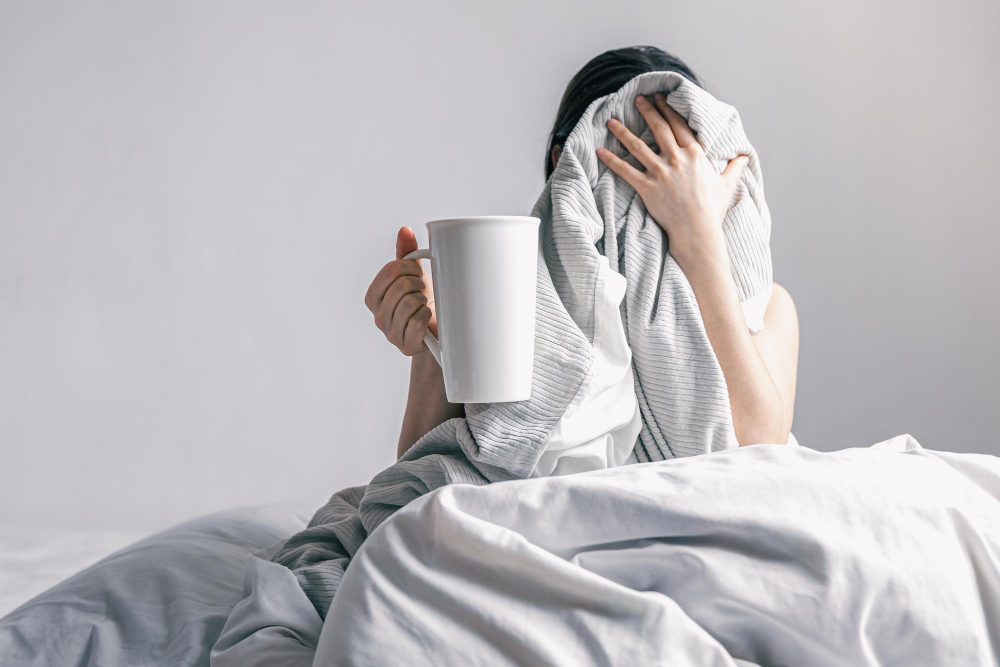
Stay updated on the rapidly-growing virtual telehealth care industry.

Struggling to focus due to ADHD? Discover how to focus with ADHD using therapy, medication, structure, brain training, and tech strategies. TelepsychHealth offers expert online ADHD care.
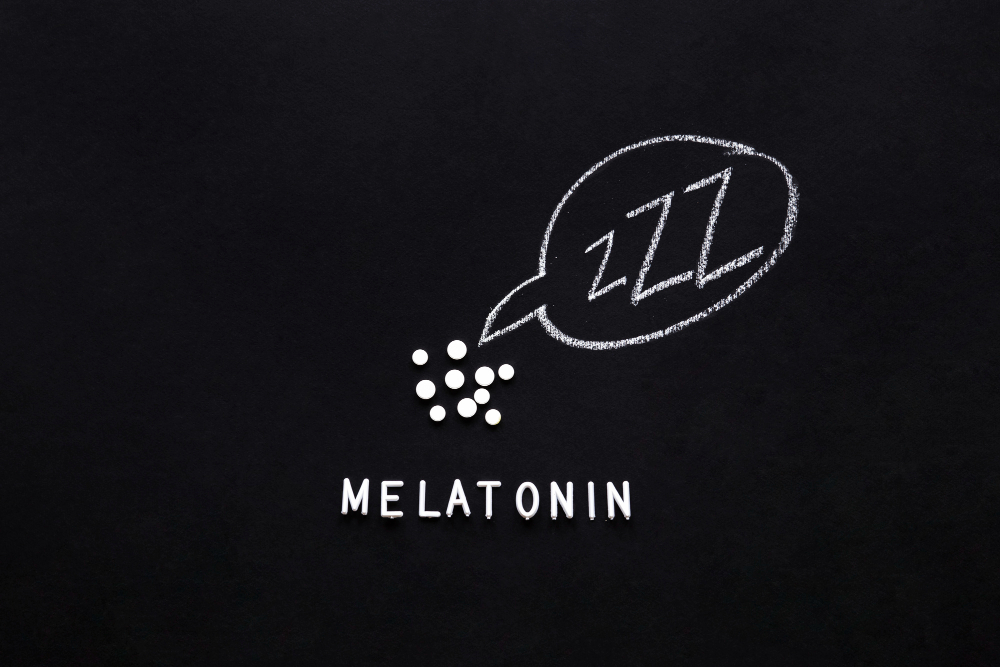
Wondering if melatonin can help with anxiety? Explore how melatonin works, its benefits, risks, and when to use it as part of your mental health care plan.

Struggling to focus due to ADHD? Discover how to focus with ADHD using therapy, medication, structure, brain training, and tech strategies. TelepsychHealth offers expert online ADHD care.
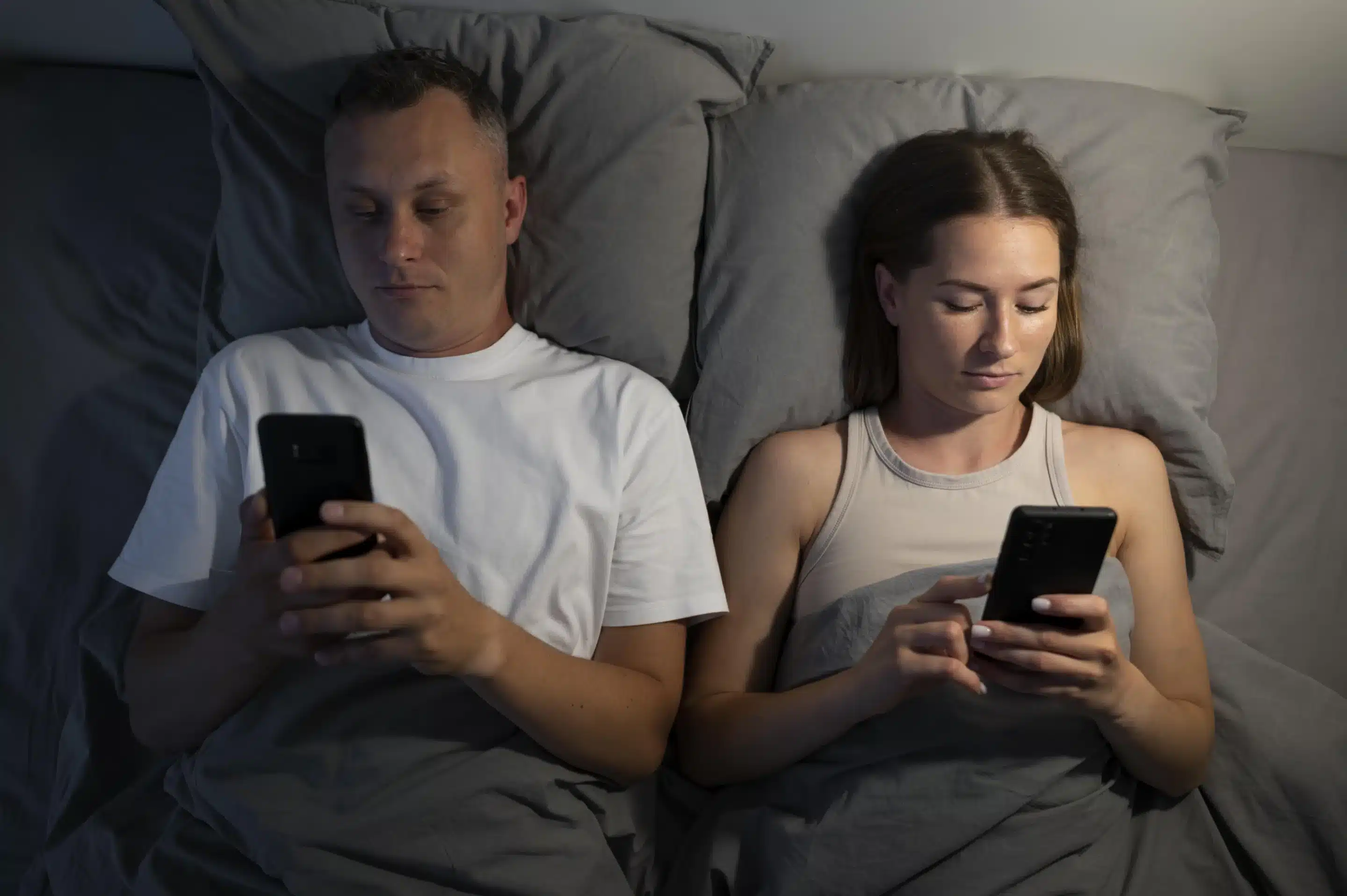
Struggling with porn addiction? Learn how to stop porn addiction with proven strategies, therapy options, and online support through TelepsychHealth. Recovery is possible—start today.
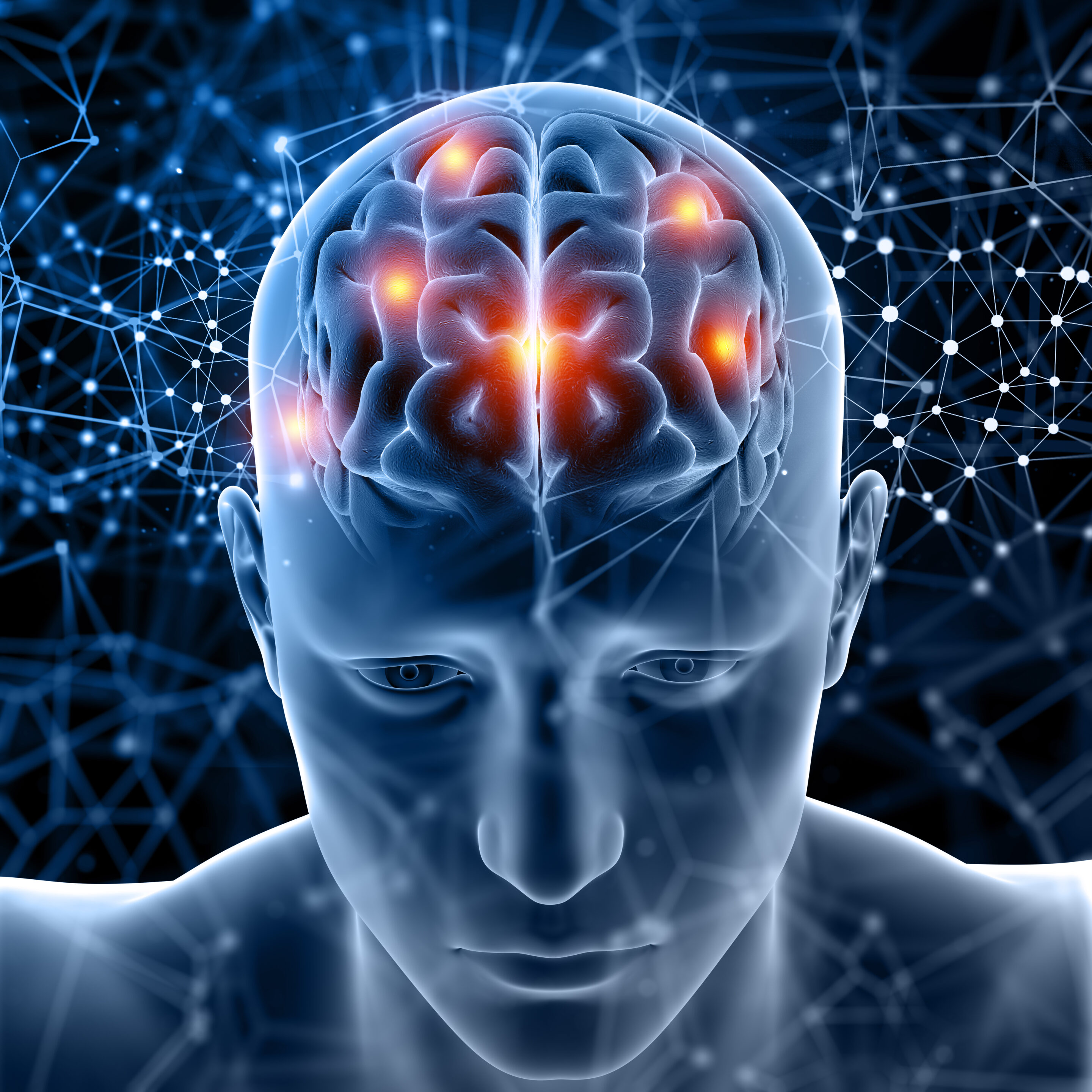
Learn how to rewire your brain from addiction using therapy, medication, and lifestyle changes. TelepsychHealth offers expert online psychiatric care for sustainable recovery.

Nicotine and tobacco addiction aren’t just physical habits—they’re tied closely to mental health struggles like stress, anxiety, and depression. Understanding the emotional roots of addiction is key to breaking free. With the right support, such as online therapy and psychiatric treatment, lasting recovery is possible.
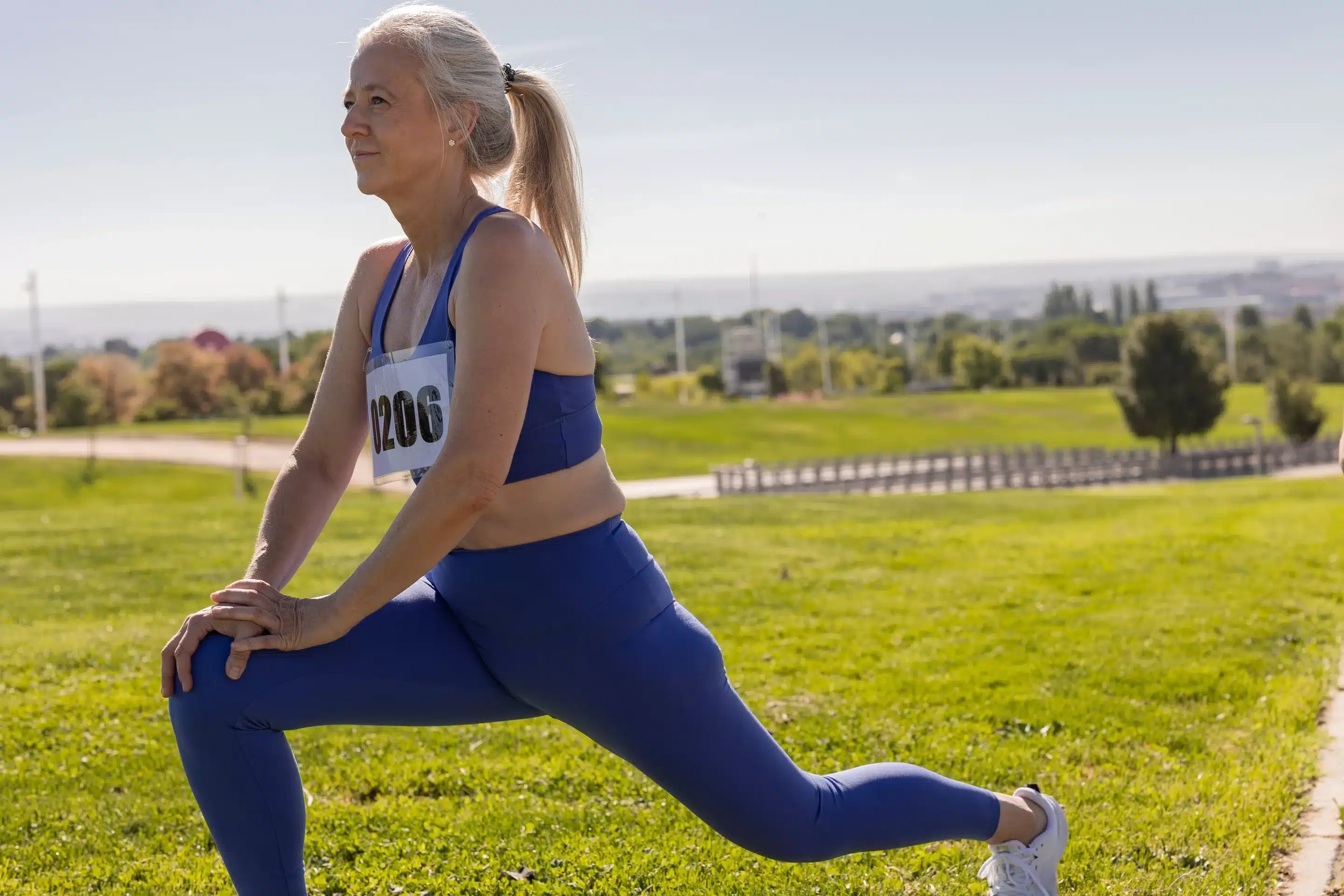
Beginning any physical activity necessitates adequate preparation. This article focuses on the value of a pre-exercise routine and how it benefits your body and performance.
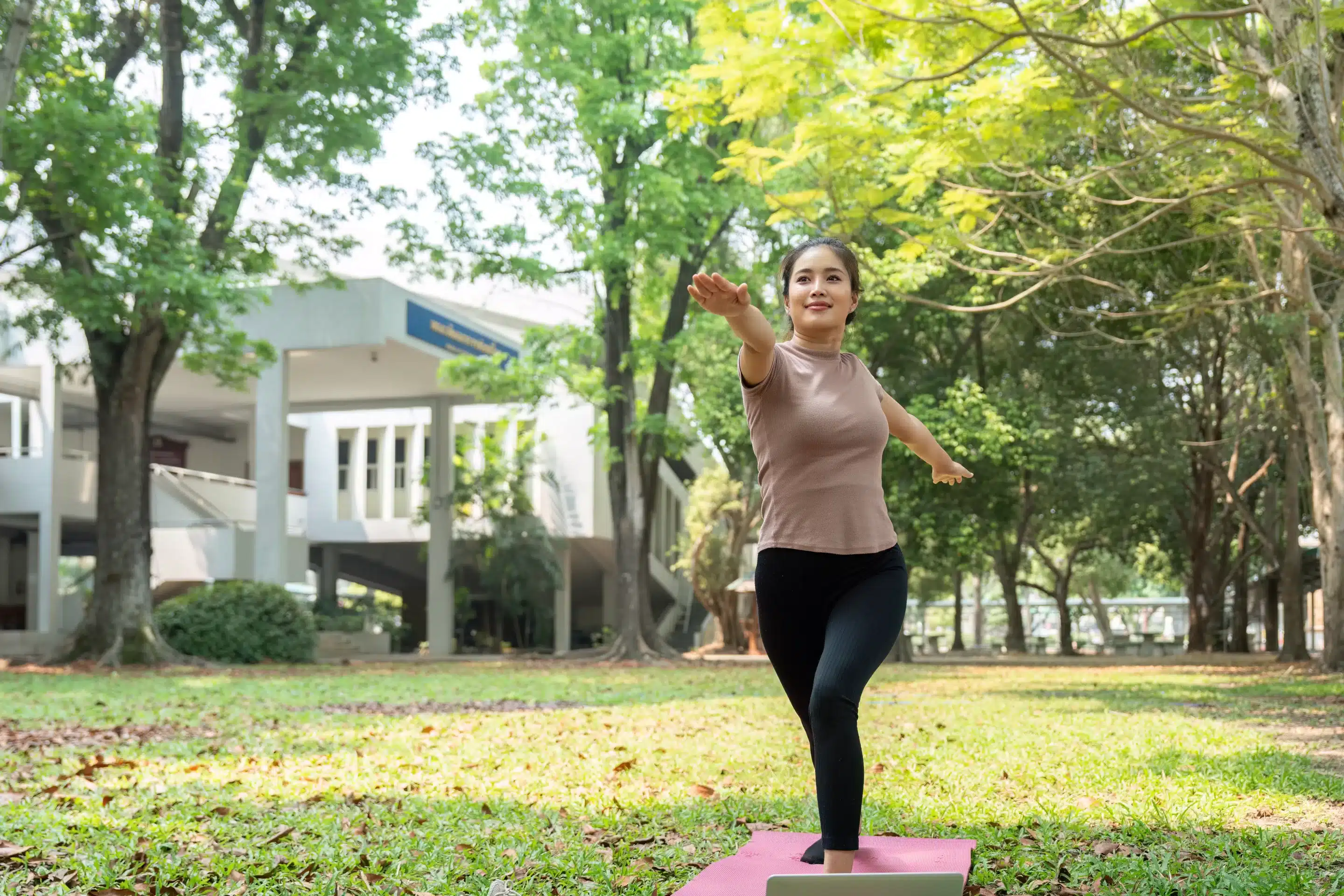
In addition to physical health, there have been studies that have found that individuals who exercise have a clinically significant improvement in depression, anxiety, low back pain, sleep, chronic fatigue, and falls

Marijuana is one of the most commonly used substances, and one-third of individuals have tried marijuana (or a product) to treat pain, but is it helpful?
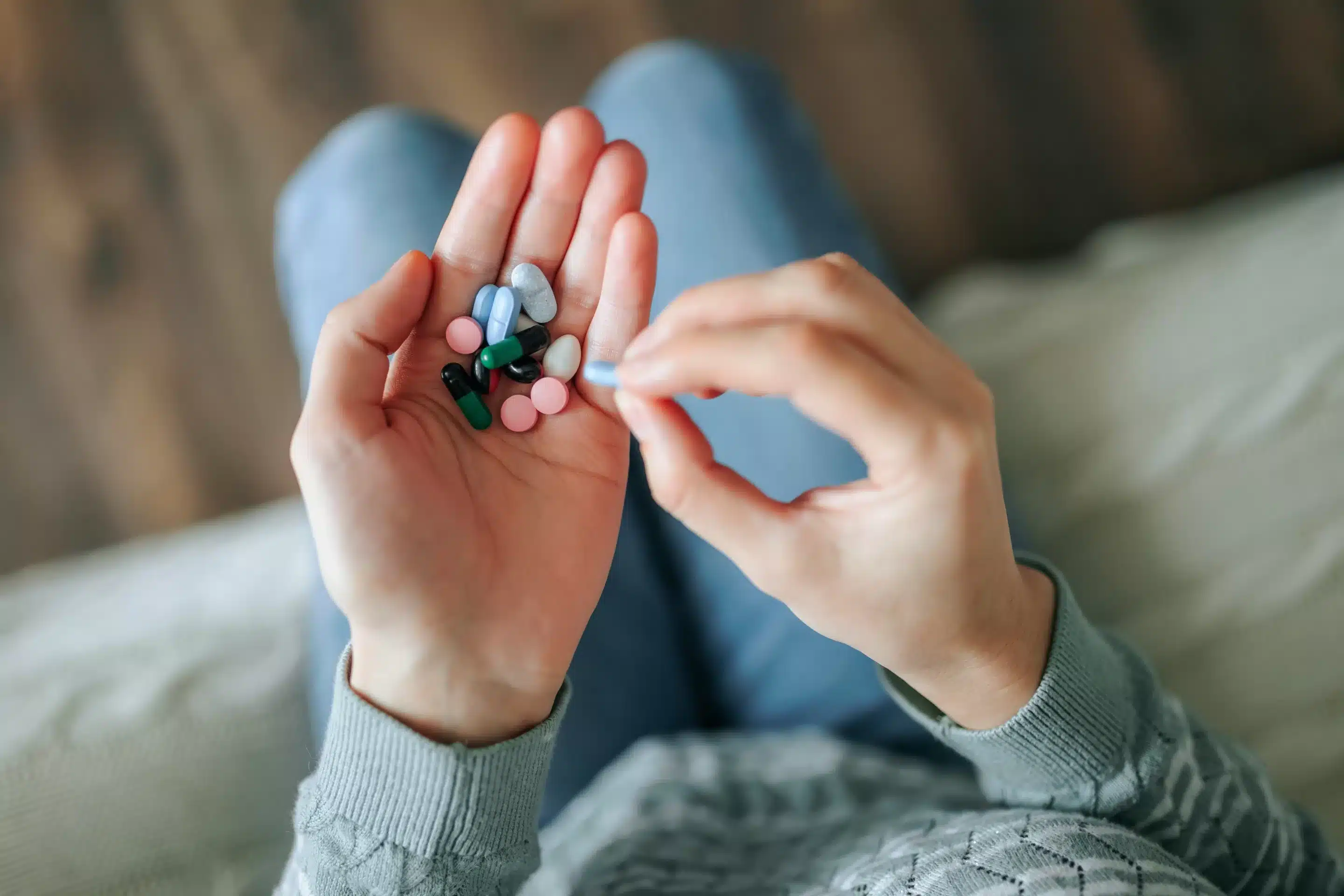
Opioid induced hyperalgesia is a controversial topic, but nonetheless, one that is becoming more accepted in the field, and it is worth educating yourself about this.

MDMA increases the receptivity of the patient to the processes of psychotherapy and enables the patient to approach their trauma from a new mindset, while removing feelings of isolation.
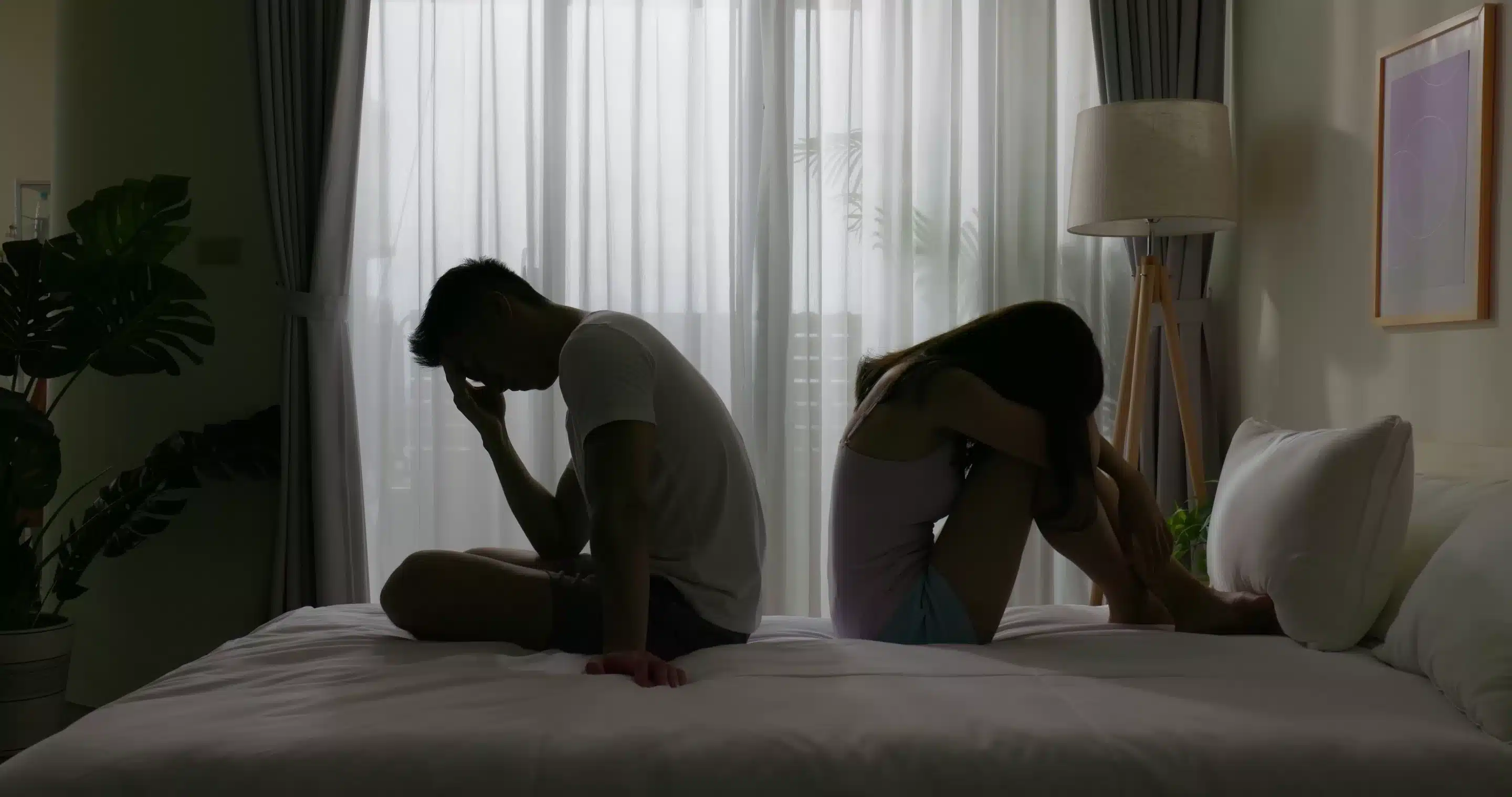
What is PSSD and why does it happen? Who is more likely to get it? And how do you treat it? What do most physicians think about it?


Tyler Beauchamp, MS4 at Med. College of Georgia and author of Freeze Frame talks about his book, med school mental health, stigma, self-disclosure.
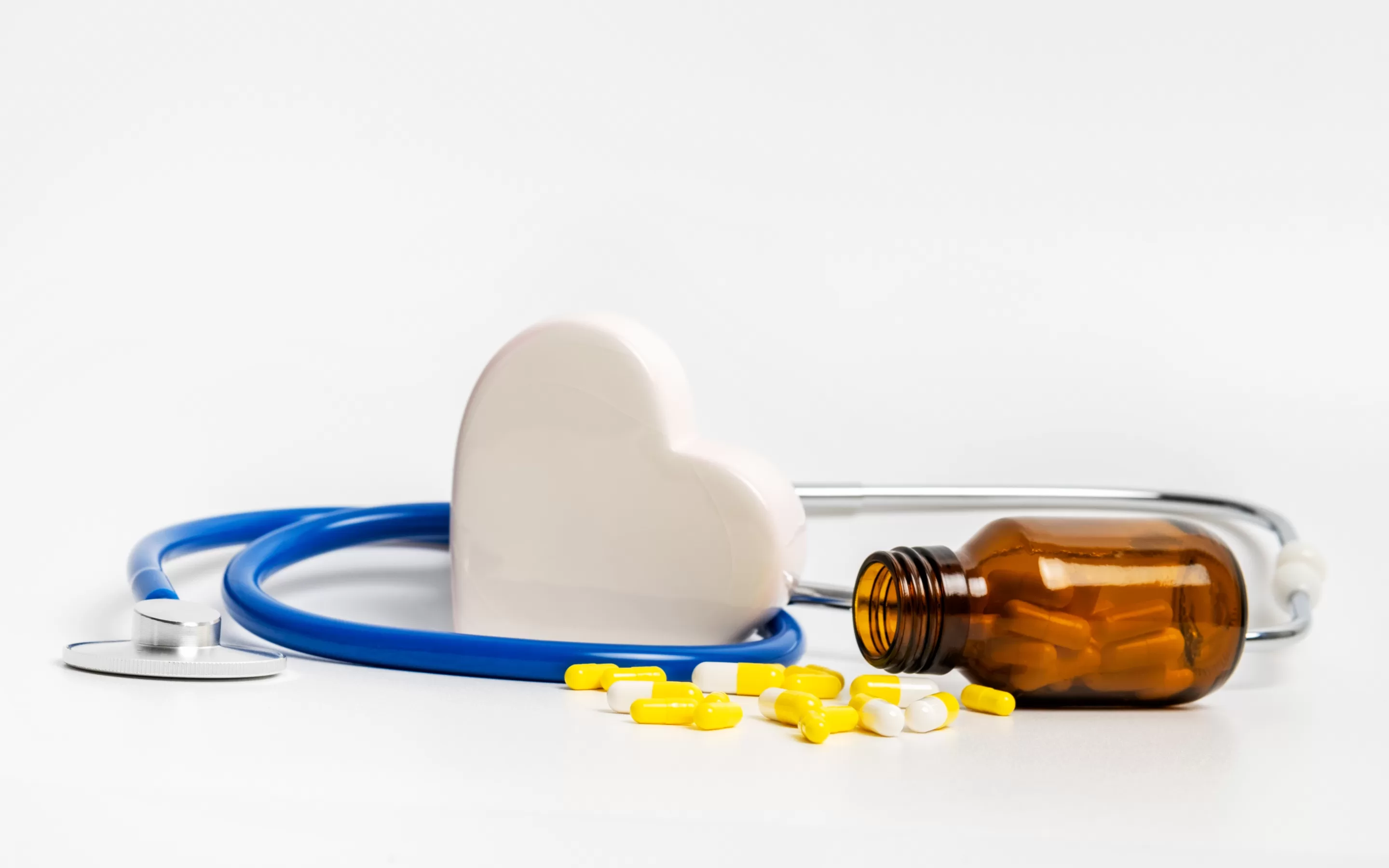
New research shows spironolactone could be considered as another tool for treating alcohol use in populations with end stage liver disease. Study finds that individuals who are taking more than 50 milligrams of…
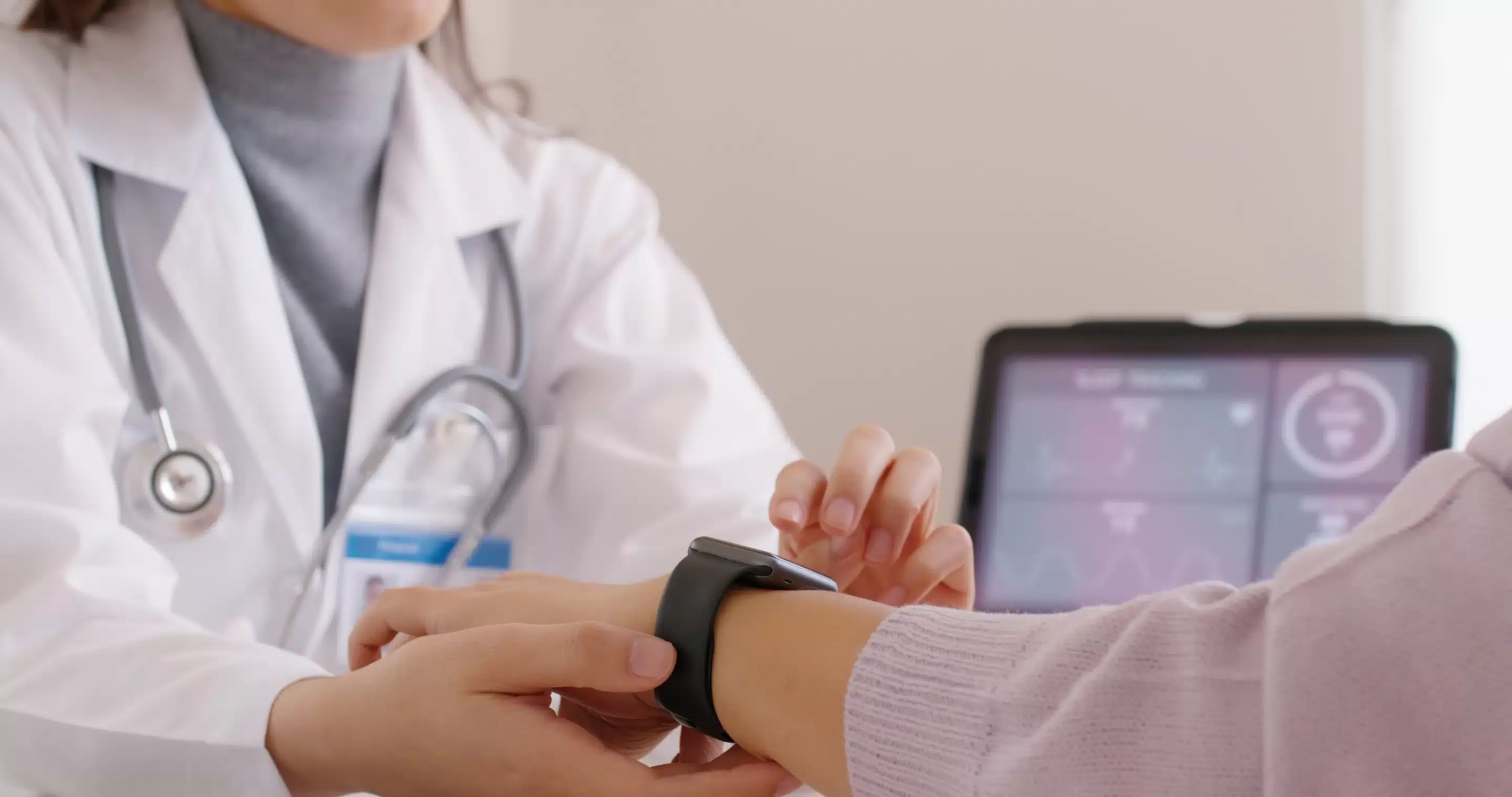
Wearables are becoming more popular than ever before. They’re helping people live healthier lives by monitoring their physical activity, sleep patterns, and even their moods.

This presentation will explore myths and misconceptions related to sleep, the importance of sleep on mental health, the impact of various illicit substances on sleep, and a general overview of treatment options for sleep with a special emphasis on cooccurring substance use disorders.

Finding a therapist near me can be difficult. There are several options when seeking mental health treatment. Educating yourself will help you make the right care decision.

Women who experience “postpartum blues” can have a sense of dysphoria or dissatisfaction with life. Usually symptoms of postpartum blues might develop within 2-3 days of delivery, and peak within a few days and resolve with two weeks. If the symptoms persist for more than two weeks and are affecting your ability to function, it is more suggestive of postpartum major depression. Concerns about one’s ability to care for the infant or a lack of interest in the infant would suggest seeking professional help.
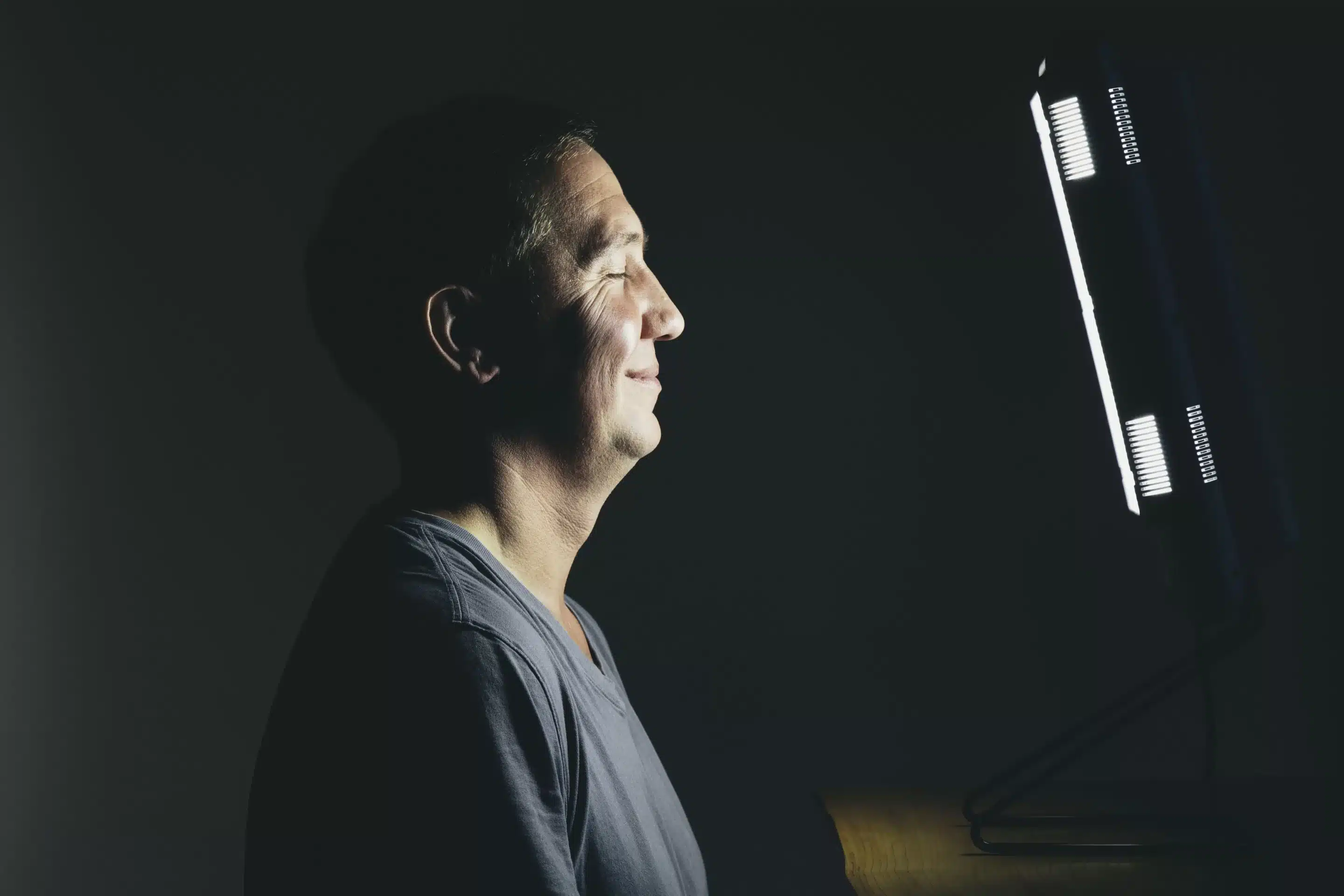
Bright light treatment for SAD and for nonseasonal depression are efficacious with effect sizes equivalent to antidepressant pharmacotherapy trials.
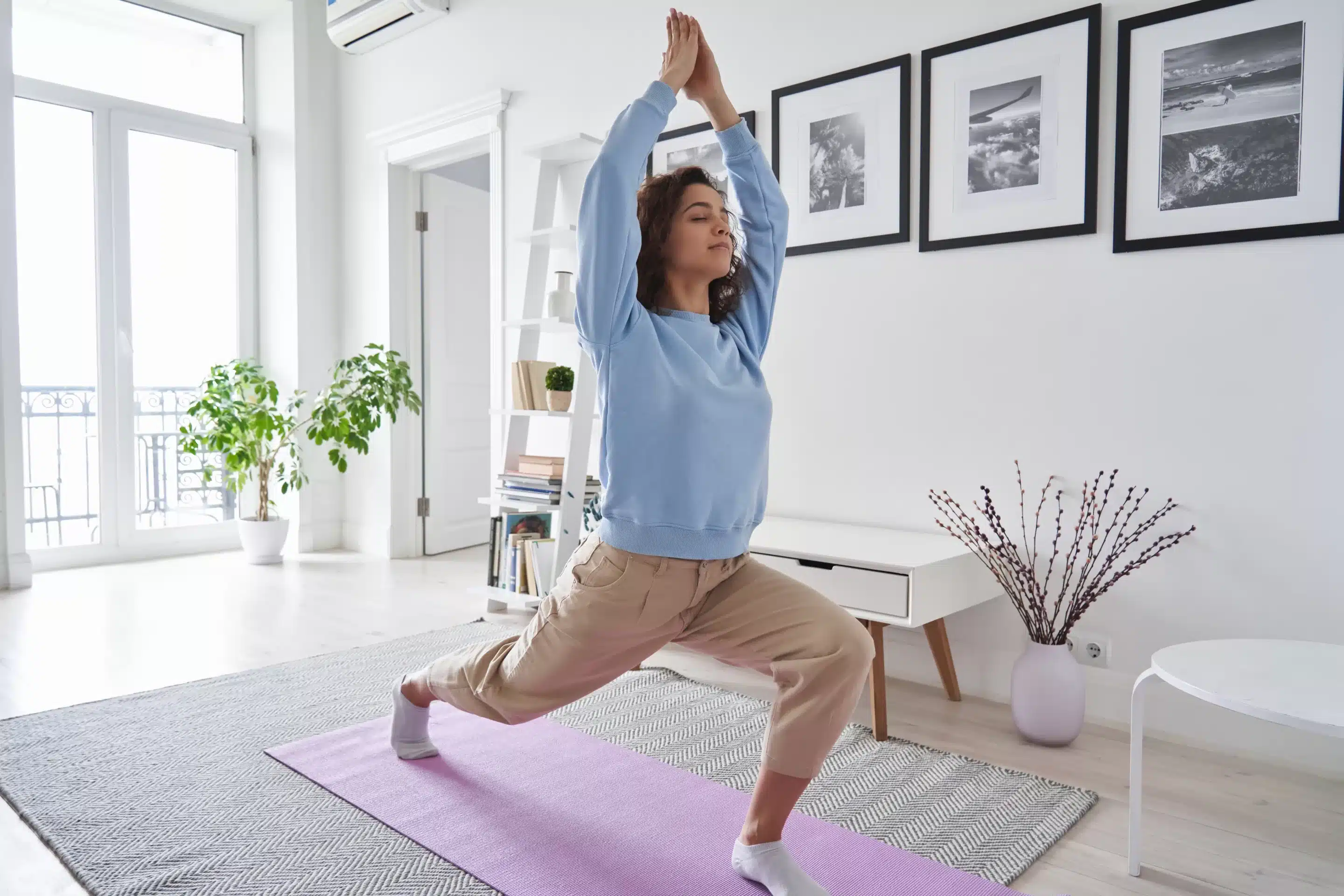
“Exercising for around 45 minutes three to five times a week was associated with the biggest benefits, according to results of the study published in The Lancet Psychiatry journal.”

Menopause can affect attention, organization, motivation, and emotional regulation.